Pumpkin varieties in Polish Posted by Kasia on Oct 27, 2021 in Holidays, Nature, Vocabulary
With October here and Halloween around the corner why not talk about pumpkins? Do you know how to name different varieties of them in Polish?
Pumpkin is called a queen of the autumn (królowa jesieni) in Poland. The golden Polish autumn (złota Polska jesień) is a time of an amazing variety of wonderful vegetables and fruits. Among them there is pumpkin (dynia), which efficiently pushes up in Polish menus and occupies an increasingly important position in the list of the most frequently consumed products. It combines excellent nutritional and health properties, as well as great versatility in the culinary art. In addition, the pumpkin is also a symbol of Halloween, which is gaining popularity in Poland. Let’s take a look at the most popular pumpkins and how do describe them using Polish language.
They come in different shapes and sizes. We can easily divide them into three categhories:
- Giant pumpkins (gigantyczne dynie)are the massive pumpkins you see loaded on trucks to display.
- Jack O Lantern pumpkins (dynie Jack O Lnatern) are those developed for size and a tall round shape, but their grainy texture and lack of flavor makes them less suitable for cooking.
- Pie pumpkins, eating pumpkins and winter squashes (dynie na ciasto, dynie do jedzenia i dynie zimowe) come in a huge variety of shapes, colors, sizes, textures and flavors.
Butternut Squash – Dynia Butternut/Piżmowa
Great for pumpkin pie! It has a characteristic pear-shaped shape and a pale skin, as well as a small seed core and seeds, thanks to which we do not lose a lot of flesh when cleaning it.
Wspaniała do ciasta dyniowego. Ma charakterystyczny gruszkowaty kształt i jasną skórkę oraz małe gniazdo nasienne i pestki, dzięki czemu nie tracimy wiele miąższu przy oczyszczaniu jej.
Decorative Pumpkins – Dynie Ozdobne
Pumpkin doesn’t have to be just a food product. It is also perfect as a beautiful autumn accent in the apartment or on the table. Most ornamental pumpkins are not suitable for eating. They have a very hard skin and flesh, but thanks to this they are resistant to damage and perfect for long storage.
Dynia nie musi być wyłącznie produktem spożywczym. Doskonale nadaję się także jako piękny jesienny akcent w mieszkaniu lub na stole. Większość dyni ozdobnych nie nadaje się do jedzenia. Mają bardzo twardą skórkę i miąższ, ale dzięki temu są odporne na uszkodzenia i doskonale do długiego przechowywania.
Spaghetti Squash – Dynia Makaronowa
This “pasta pumpkin” is characterized by a slightly oblong shape and a yellow or yellow-green skin. After cutting, a yellow flesh appears, which separates into threads due to cooking or baking.
Dynię makaronową charakteryzuje lekko podłużny kształt i skórka w kolorze żółtym lub żółto-zielonym. Po przekrojeniu ukazuje się nam żółty miąższ, który pod wpływem gotowania lub pieczenia rozdziela się na nitki.
Hokkaido Pumpkin – Dynia Hokkaido
The best thing about Hokkaido is that you don’t have to peel it. Hokkaido is eaten with the skin, which softens when cooked. this greatly facilitates and speeds up its preparation. It contains a lot of seeds, but its flesh is firm, which makes it perfect for stewing and frying. It has a slightly nutty flavor. perfect for soups, salads, dumplings, pastes and baking.
Największą zaletą Hokkaido jest z pewnością fakt, że nie trzeba jej obierać. Hokkaido jemy ze skórką, która mięknie podczas obróbki termicznej. To bardzo ułatwia i przyspiesza jej przygotowanie. Zawiera sporo pestek, jednak jej miąższ jest zwarty, przez co świetnie nadaje się do duszenia i smażenia. Ma lekko orzechowy smak. Doskonała do zup, sałatek, kopytek, past do pieczywa, a także do pieczenia.
You have to check out this video! Asia from Poland is describing different varieties of pumpkins in Polish!

Build vocabulary, practice pronunciation, and more with Transparent Language Online. Available anytime, anywhere, on any device.



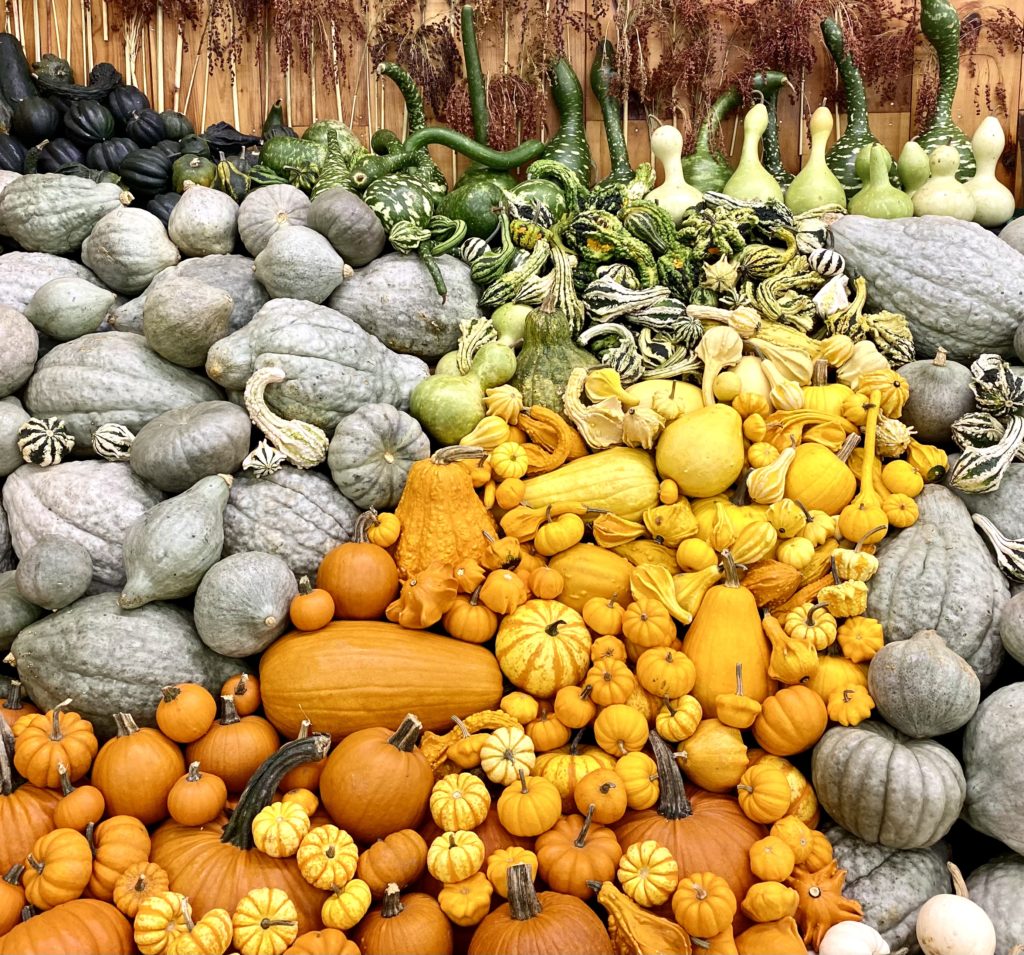
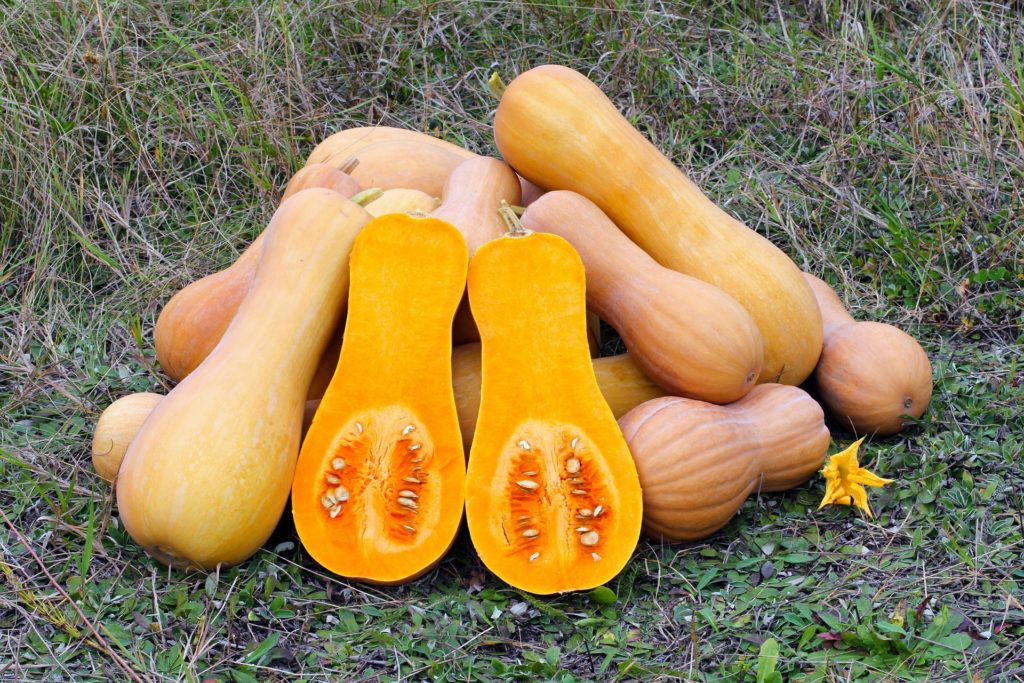
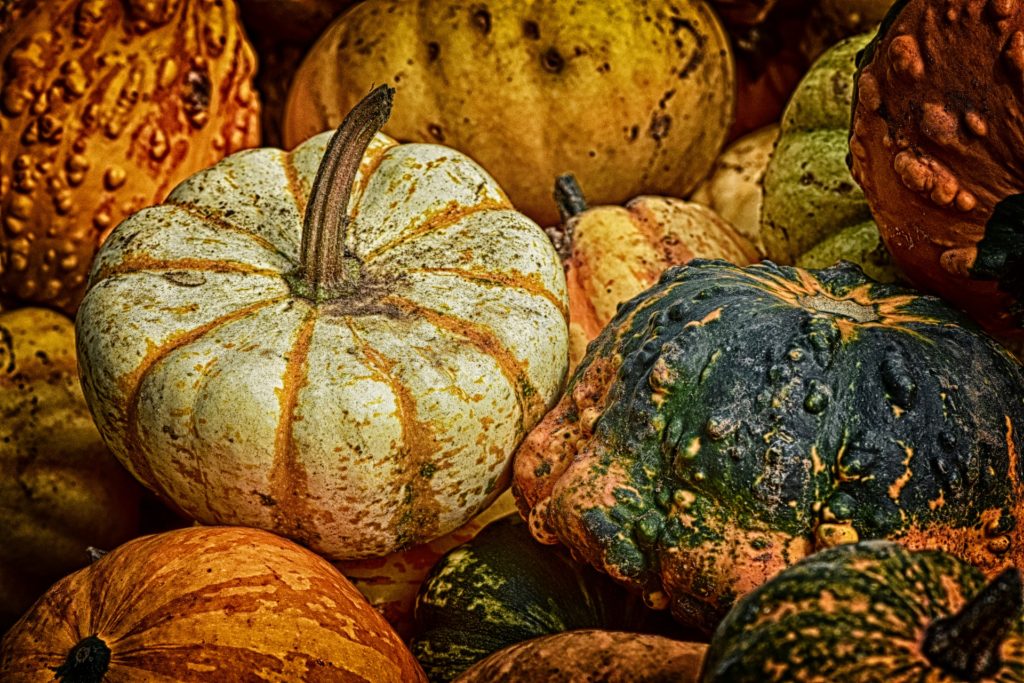
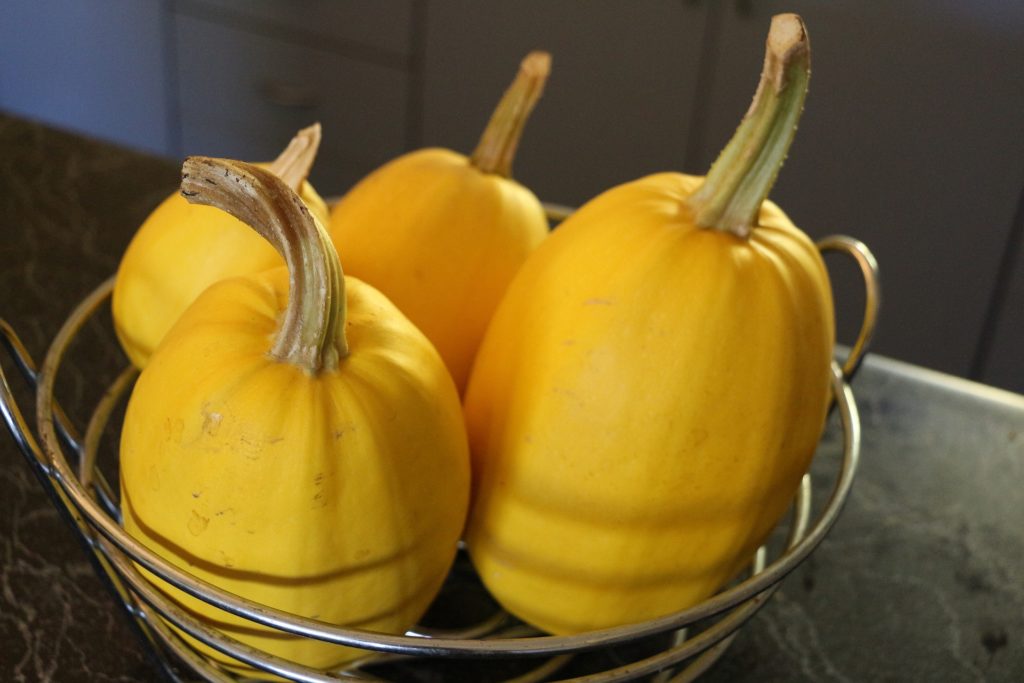
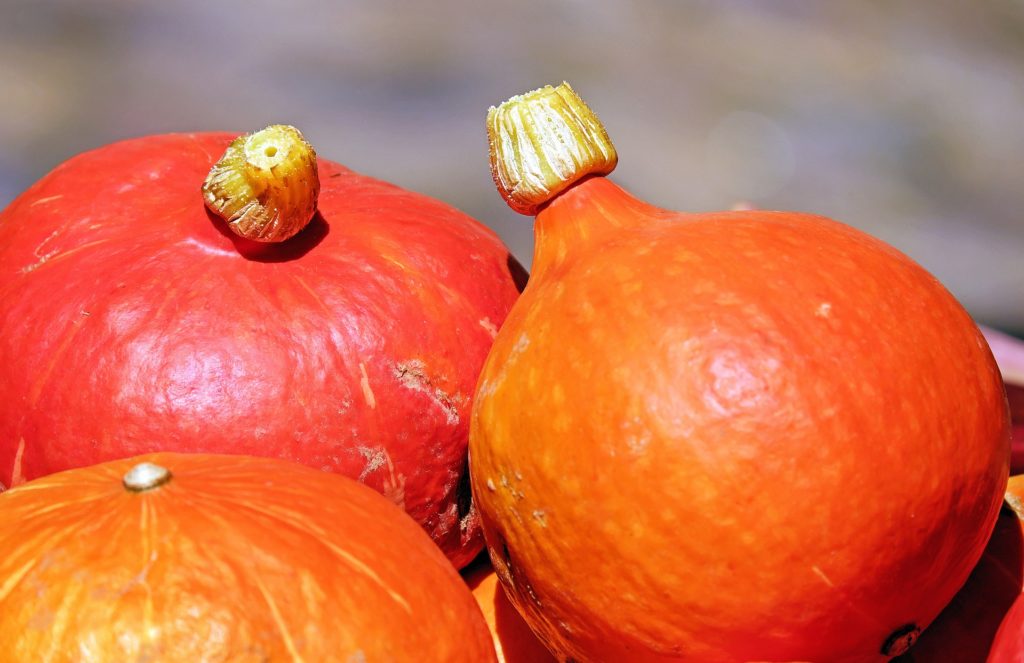

Comments:
Adelaide Dupont:
I really enjoyed the exploration of spaghetti squash.
I believe Asia was making a bowl with the pumpkin? Is that in fact what she was doing?